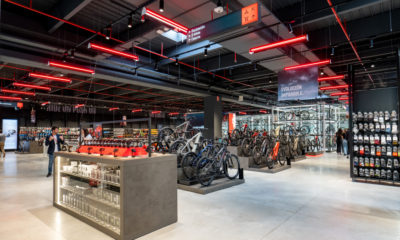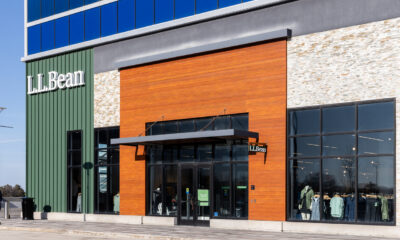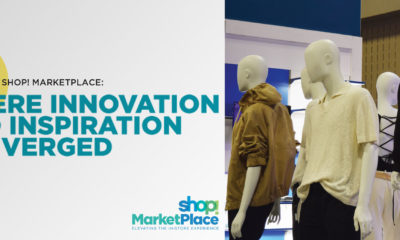Headlines
U.S. Retailers Unveil $42M Safety Plan
Includes funds, loans to upgrade Bangladeshi factories
MasterClass: ‘Re-Sparkling’ Retail: Using Store Design to Build Trust, Faith and Brand Loyalty
HOW CAN WE EMPOWER and inspire senior leaders to see design as an investment for future retail growth? This session, led by retail design expert Ian Johnston from Quinine Design, explores how physical stores remain unmatched in the ability to build trust, faith, and loyalty with your customers, ultimately driving shareholder value.
Presented by:
Ian Johnston
Founder and Creative Director, Quinine Design
-

 Headlines6 days ago
Headlines6 days agoWalgreens Eyes Closing 2000-Plus Stores
-

 Headlines2 weeks ago
Headlines2 weeks agoFood Hall Set for NY’s Ex-Lord & Taylor Building
-

 Headlines1 week ago
Headlines1 week agoHooters Shutters 40 Restaurants
-

 Headlines1 week ago
Headlines1 week agoPerkins Updating Its Restaurants’ Look
-

 Headlines2 weeks ago
Headlines2 weeks agoTarget Equipping Workers With AI Chatbot
-

 Specialty Non-Apparel1 week ago
Specialty Non-Apparel1 week agoPower Cycle
-

 Headlines1 week ago
Headlines1 week agoDollar General Fills More Leadership Roles
-

 Headlines7 days ago
Headlines7 days agoL.L.Bean Opening Quartet of Stores in ’24
















